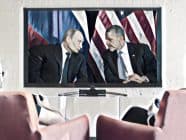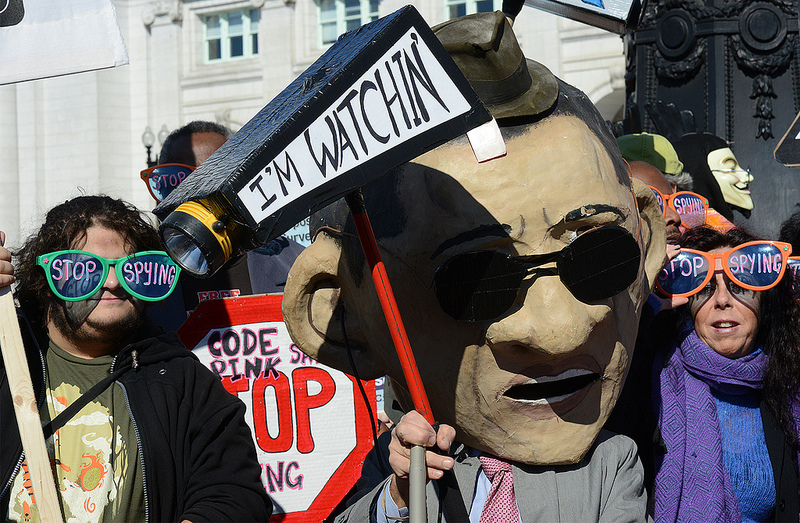St. Galler Tagblatt, October 31, 2008
An academic analysis shows that in the published opinion of the U.S. media, Democrat Barack Obama is already the winner of the presidential election.
If it were up to the media, Obama would have already won the election by a mile. This is the impression you get from reading the latest analysis of the
Project for Excellence in Journalism, which followed the election process marathon.
Three times as negative
While the overall media coverage about Obama was well-balanced with positive and negative statements roughly equal in the last six weeks prior to election, there were three times more negative than positive statements published about John McCain.
More about Sarah Palin
Only in one regard are McCain and Obama equal now: In the amount of media coverage. At first the attention centered on Obama, but McCain caught up. Sarah Palin, who in the beginning was able to attract a lot of positive media coverage, is now said to have clearly lost her luster. At least she sparked three times as much media coverage as vice-presidential candidate, Joe Biden.
One glance at this year’s election endorsements confirms these patterns. This is totally unlike some European media. If such endorsements appeared, for example, in the Financial Times Deutschland of Germany or the Corriere della Sera of Italy, they would be seen as an odd and bizarre marketing gag. It is American tradition that daily papers give so-called “endorsements” for their readers to take along to the ballot box.
The trade journal
Editor & Publisher announced that at this time there were 194 endorsements for Obama, but only 82 for McCain. Opinion-leading papers such as the
New York Times and the
Washington Post supported Obama. In the last election campaign, John Kerry had a small lead over George W. Bush with 213 endorsements to Bush’s 205.
Supposedly, such election endorsemens have no influence though on the news-reporting of newspapers. The strict separation of news and commentary is a myth of American journalism.
The myth destroyed
Facts seem sacred, while comments are free. But upon closer inspection, you may discover a different picture. Recently, during an international workshop of media economists which was given by the University of Zurich, Riccardo Puglisi of the Free University in Brussels and James Snyder of Massachusetts Institute of Technology throroughly destroyed this myth. The two reserachers analyzed how 200 U.S. newspapers reported on 35 political scandals.
Consideration/respect in local papers
The scholars found a high correlation between election endorsements and scandal reports: Newspapers who had endorsed a Democratic candidate were more likely to report a scandal on their Republican opponent in their news sections and vice versa.
If it related to local scandals in the paper’s area of coverage, the newspapers took the political preferences of their readers into consideration in their reports. This implies that readers set the political tone of the newspaper and not the other way around.
Translated by Karin Eberhardt















































